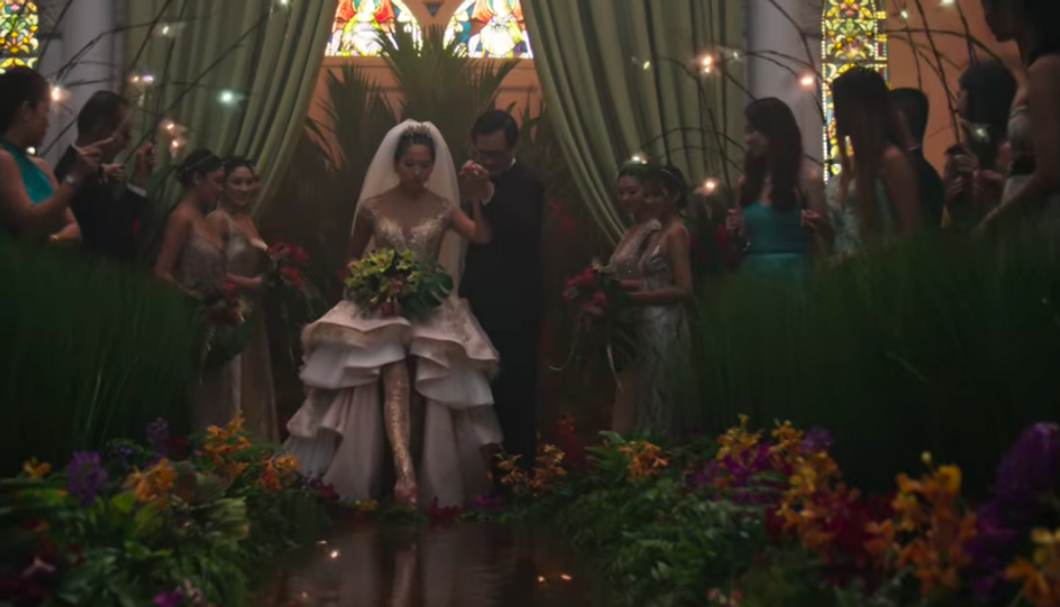Growing up as a Eurasian in suburban Florida was, in my eyes, conventional. Sure, sometimes I felt different; like how my mother wanted to set up a statue of the Communist leader, Mao Zedong, in the living room or the utilization of rain umbrellas when walking outside on a sunny day. Although I experienced the feeling of misplacement at school - too Asian for my classmates yet too white for my Chinese buddies -my cultural background did not have a negative effect on my sense of self or development of personal character. However, being represented in popular culture was a different story.
In American films and television series, Asian characters are usually stereotyped and become the butt of the joke. They are nerdy, possess humorous accents, and are inexperienced with romance. Asians are typically minor or supporting characters, a casual resource of comedic relief, destined to support the respective protagonist with a Greek chorus of advice and expositional discourse. An additional stereotype was the "dragon lady" character, a sexualized female that is used to fulfill a fantasy of exoticism and bitter mentality. Despite a few exceptions in modern cinema, representation of Asians in the media was minimal and erroneous.
In Jon Chu's new film, "Crazy Rich Asians," a vibrant image of Asian characters is revealed in a luxurious world of opulence and wealth. The stereotype of being dorky and sexless is dispelled as the film illustrates the beautiful and glamorous societal figures that reside in the modern city of Singapore. At its core, the film depicts a love story that is threatened by familial disapproval, a common romantic comedy plot that is enhanced with designer clothing, acidic dialog, and over-the-top real estate.
Based on the 2013 bestselling novel by Kevin Kwan, the film is history-making, being the first studio film in 25 years to have an all-Asian cast. Director Jon Chu turned down Netflix's generous deal to produce the film, vocalizing the significance of having a Hollywood studio to release a film that centered around the lives of Asian characters. A global premiere of the film exemplifies Hollywood's efforts to generate diversity while illustrating precise representation. With the current political climate and social unrest, the western zeitgeist essentially needs a media outlet that utilizes diverse individuals, albeit the film is a light-hearted romantic comedy.
"Crazy Rich Asians" enriches the complexity of Asian individuals, as the cast of characters derives from a wide variety of Eastern Asia. From the locations of Shanghai, Singapore, Thailand and more, the Western perception of what Asian culture consists of is transformed and differentiated. The film celebrates the variations of cultural backgrounds, illustrating the differences by means of cuisine, dialect, and accents.
The film's leading man is played by Henry Golding, a former television host of a travel series. When Golding was first announced as the actor playing the film's lead role, several fans of Kwan's literary series were quick to denounce the casting decision, claiming that the multiracial actor "wasn't Asian enough" to bring the character to life. Golding justified the casting choice: "I was born in Asia, I've lived cultures that are synonymous with Asian culture, but it's still not Asian enough for some people. Where are the boundaries? Where are the lines drawn for saying that you cannot play this character because you're not fully Asian?"
"Crazy Rich Asians" comes out in theatres August 15th.

















